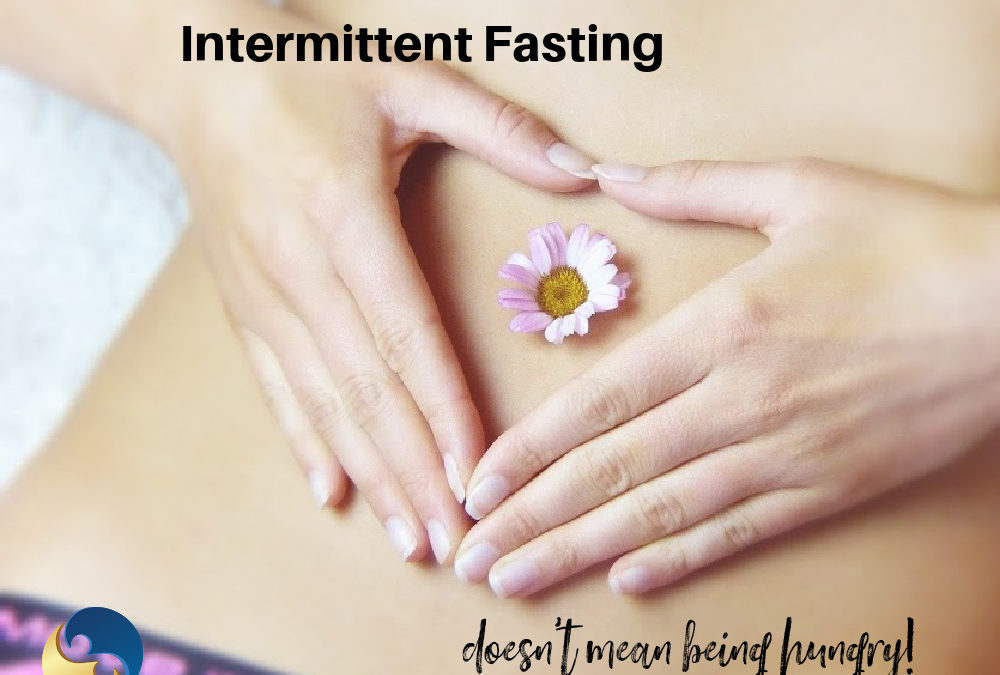Do you want to learn how to:
- Improve your energy levels?
- Increase your mental clarity?
- Decrease your body fat?
Thousands of books have been written about diets that help you lose weight and get healthier, but one of the most efficient protocols is based on what we call intermittent fasting.
What is intermittent fasting?
It’s the period of time (including when you are asleep) 12 to 14 hours that you’re not eating.
I usually recommend a ratio of 16/8. A 16-hour window without food and 8 hours when you eat again.
Is intermittent fasting harmful to the body?
Not at all!! Many religions and cultures where we see longevity have been practicing fasting for thousands of years. This is the more normal cycle that we have endured through evolution. Consider that we have only had constant access to a high variety of foods throughout the year recently. Industrialization and commercial efforts have made food of every type available in our stores all year round. There is no longer a “season” for anything! Well, maybe for mandarin oranges … an eternal Christmas favourite!
Insulin: the fat-storage hormone!!
Every time we eat food our insulin levels rise. Particularly after eating high glycemic index carbohydrates like white potatoes, white bread, and processed sugars. Too much protein will also be converted into glucose and then body fat. The liver can only store a certain amount of glycogen. (glucose).
When the storage is full then glycogen is converted into fat!!
If fasting is done correctly it can have a fantastic effect on:
- Weight management
- Longevity
- Increased human growth hormone
- Increased testosterone
- Reduced oxidative stress
- Reduced inflammation
- Improved brain health
Fasting will trigger a metabolic pathway called autophagy created by a drop in insulin levels and an increase in human growth hormones, which removes waste material from cells. This helps your body battle inflammation as well as a host of other issues.
My story …
I’ve practiced intermittent fasting for over two years and feel really good about it.
Starting slowly, just skipping breakfast twice a week (it takes usually around 2 or 3 weeks for most people to get used to it) I now I fast every single day without even thinking about it.
Family, friends, and clients who practice intermittent fasting feel the benefits as well!
My mental clarity has improved, I feel energised to a point that I now train on an empty stomach and carry on doing personal training classes up until 1 or 2pm with very high energy levels before eating.
Along with the intermittent fasting that has become part of my regular routine, I do a 24-hour fast once or twice a month. This is like a “re-set” for my metabolism and intestinal tract and is great for repairing inflammation in the gut area.
Is skipping breakfast bad for you?
Not at all!! You can break your fast at 8pm or 1pm without dropping your metabolism rate.
What happens in the body while we sleep is very interesting.
According to Dr Jason Fung, Canadian doctor, author and researcher, as well as many other physicians, there’s a counter regulatory surge that happens usually around 4 and 4.30am where the body releases certain hormones.
- Norepinephrine (a stress hormone)
- Human Growth hormone
- Sympathetic nervous systems go up (what gives us the fight or flight response)
- The liver releases glycogen using the body’s stored fat into energy it can use.
Is our body then need a breakfast as soon as we are stepping out of bed?
No, your body has already released some fuel to kick start the day!!
The release of growth hormone will stimulate your liver to release glycogen without raising insulin in a fasted state. The link above will give you a detailed explanation of this process.
Intermittent fasting helps you eat fewer calories, while boosting metabolism slightly. It is a very effective tool to decrease belly fat as well.
Can intermittent fasting be used in conjunction with resistance training to maximize muscle growth and fat burning?
There are many different schedules that you can fast. Most people fast for 16hrs and then do their training – this is called ‘training in the fasted state’. Since growth hormone is high, you theoretically will recover and build muscle faster in this state. And by the way, the time you are sleeping is included in your fasting schedule.
What can we eat or drink during intermittent fasting??
You can drink water, black or herbal tea, and coffee (with no sugar or dairy added of course).
Can I drink bone broth??
I personally don’t, but some studies show that you can. Bone broth contains numerous minerals and vitamins and is quite ‘filling’ in terms of reducing hunger pangs. The other benefit is that you can add a good amount of sea salt to it. The other fluids taken during a fast – water, tea, and coffee don’t have sodium and you can become dehydrated. Mild dehydration, for example may lead to cramps and headaches during longer fasting. If this is an issue for you, something you can add to your day is simply water with sea salt to replenish the electrolytes.
I break my fast with a salad and good fats like avocados, olives, nuts, Apple cider vinegar and olive oil at lunch time. Yum!!


Recent Comments